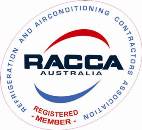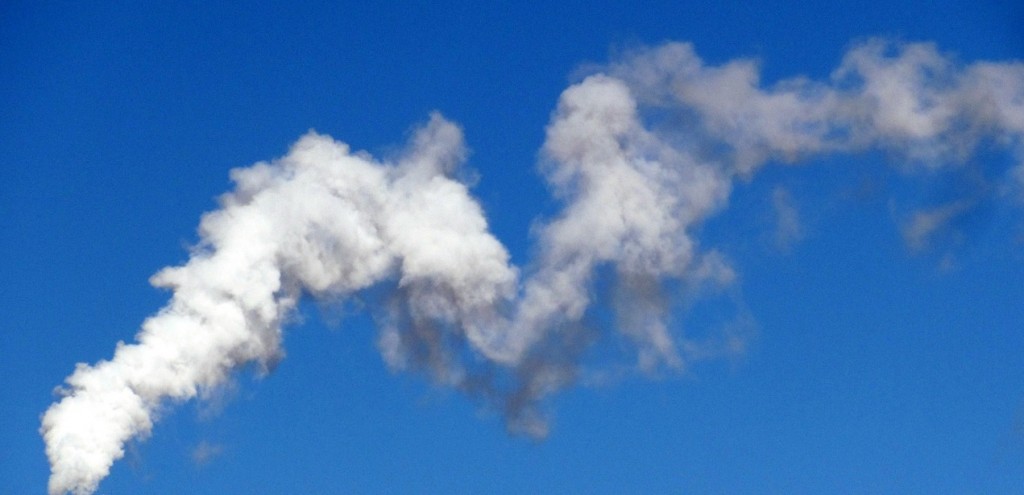A historic agreement was reached over the weekend at the 28th Meeting to the Parties of the Montreal Protocol (MOP 28) to reduce HFC emissions.
According to the Federal Government, Australia has cemented itself as a global leader by playing a key role in reaching the agreement, the Kigali Amendment, to reduce HFC emissions by 85 percent.
In their media release, the Department of Environment and Energy stated that, “the reduction in emissions will be achieved through a gradually declining cap on imports and is estimated to achieve up to 72 billion tonnes in carbon dioxide equivalent emissions savings by 2050. This is roughly one and a third times global annual emissions.”
The media release also states that an ambitious global reduction in HFC use complements the Federal Government’s decision in May to implement a domestic cap on HFC imports from 2018 to meets its 2030 emission reduction targets.
The media release also states that the Amendment “is the most significant change to the Montreal Protocol since 1990” and that “all countries, including Australia hope that a final agreement on the global HFC reduction will work as a positive marker for the Marrakech Climate Change Conference next month.”
The Marrakech Climate Change Conference is a yearly conference which is held under the United Nations Framework Convention on Climate Change. This year it will be held from November 7 to 18.
The Amendment will see Australia and other developed countries phase down HFCs to 85 percent of current consumption levels by 2036 with developing countries to achieve this reduction by 2045-47.
Climate Control News also reports the Kigali Amendment establishes three different timetables for all developed and developing countries to freeze and reduce their HFC production and use. Developed countries agreed to make their first HFC cuts by 2019, developing countries by 2024, while others such as India and Pakistan have agreed to make cuts at a slower rate.
Image via Pixabay.




